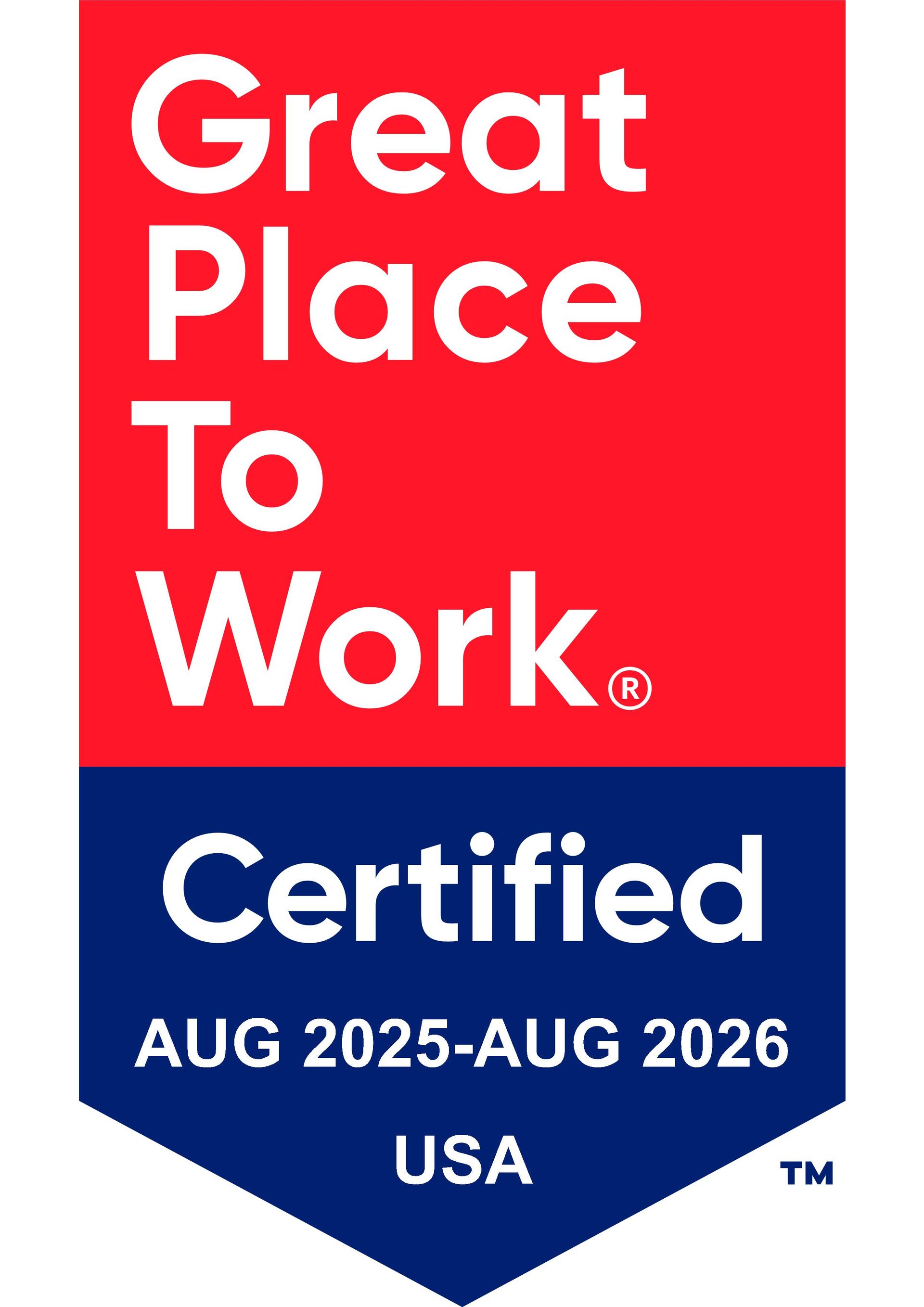
HMO vs PPO Insurance Plans: What’s the Difference?
11 December 2020
Health insurance is an essential benefit that everyone needs. Medical bills are one of the top reasons individuals file for bankruptcy in the United States. The cost of healthcare is also one of the top stressors for Americans.
Health insurance provides financial security for illnesses, accidents, and injuries. Without medical insurance, individuals are often faced with letting their overall health go unchecked or face mounds of debt due to medical bills accumulated from catastrophic events or chronic illness.
HMO VS PPO INSURANCE: NOT ALL INSURANCE PLANS ARE THE SAME
There are several different types of insurance plans available. Insurance plans range in price and level of coverage. There are also various exclusions, depending on the type of plan you have.
In an ideal situation, individuals have access to medical insurance through their employer. Two of the most common health insurance plans offered by employers are Health Maintenance Organization (HMO) plans and Preferred Provider Organization (PPO) plans. When you’re given an option to choose, you must understand the differences between an HMO vs. PPO to ensure you’re selecting the right plan for you.
As employers, it is also essential to understand the benefits associated with an HMO vs. PPO. Each has pros and cons for both the employer and the employee.

HMO INSURANCE PLANS
HMO insurance plans are copay plans that require the insured to select a primary care physician (PCP). The PCP is the primary point of contact for healthcare appointments.
If the insured needs to see a specialist, the PCP must refer to the individual. The HMO must then approve the referral. If a patient sees a specialist without a PCP referral or approval by the HMO, then the insured is responsible for the out-of-pocket cost of seeing the specialist. The one exception is that females do not need a referral to see an OBGYN.
HMO insurance plans have a network of providers from which to choose. The majority of HMOs will not cover costs associated with out-of-network providers, except for emergency services. Therefore, insured parties are limited to the network of providers offered by the HMO if they want their medical expenses covered.
When participating in an HMO health plan, copays, coinsurance, deductibles, and out-of-pocket maximums apply. Coinsurance kicks in once the insured reaches their annual deductible.

PPO INSURANCE PLANS
PPO insurance plans are copay plans that work similarly to an HMO. PPOs do not require the insured to select a primary care physician, nor do they require a referral to a specialist.
PPO insurance plans have a network of providers from which to choose. PPOs will cover a higher percentage of medical costs when individuals see in-network providers, but individuals can choose to see out-of-network providers for medical services. However, the costs will be covered at a much lower rate than with in-network providers.
When participating in a PPO insurance plan, copays, coinsurance, deductibles, and out-of-pocket maximums apply. Copays and coinsurance will generally be higher for out-of-network vs. in-network providers. The plan might also have a different annual deductible and out-of-pocket maximum for in-network vs. out-of-network providers.

HMO VS PPO INSURANCE PLANS: A COMPARISON
Deciphering health insurance can feel like a complicated task. Below is a breakdown of some notable differences between HMO vs. PPO plans.
HMO PLANS HAVE LOWER PREMIUMS AND OUT-OF-POCKET COSTS WITH LESS FLEXIBILITY
HMOs offer lower premiums and out-of-pocket costs. However, the tradeoff for receiving lower costs is less flexibility when it comes to your network of providers. You generally have to select a PCP. If you need a specialist, the PCP must refer you to a specialist. More importantly, no expenses are covered for out-of-network providers (except for emergency services), limiting options for the insured.
PPO PLANS HAVE HIGHER PREMIUMS WITH MORE FLEXIBILITY
PPOs provide access to a more extensive network of providers, including coverage for out-of-network providers (though at a lower level). You do not need to select a PCP or get a referral for specialists. The exchange for more flexibility is higher premiums and out-of-pocket costs.
HMO PLANS HAVE A LOWER (OR NO) DEDUCTIBLE
Standard HMOs generally have a lower annual deductible when compared to PPOs. In some cases, HMOs have a zero-deductible requirement, meaning coinsurance kicks in when the plan commences.
PPO PLANS HAVE A HIGHER DEDUCTIBLE
Standard PPOs typically have a higher annual deductible when compared to HMOs. Coinsurance kicks in once the yearly deductible is met. Often, PPOs will have a different annual deductible for in-network vs. out-of-network costs.
HMO PLANS DO NOT COVER OUT-OF-NETWORK COSTS
If you have an HMO and choose to see an out-of-network provider, you will be responsible for the costs out-of-pocket. The one exception is for out-of-network emergency services. Due to the circumstances of emergencies, HMOs cover at least some level of out-of-network emergency health expenses.
PPO PLANS MAY COVER OUT-OF-NETWORK COSTS
Most PPOs cover out-of-network providers. The coverage will be less than if you saw an in-network provider, but some coverage is better than none. Flexibility to see out-of-network providers allows the insured to see a preferred provider and still get a portion of the costs reimbursed.
HMO PLANS TYPICALLY HAVE ONE LABORATORY ORGANIZATION WITHIN NETWORK
HMOs generally have contracts with one laboratory within the plan participant’s network. As a result, the plan participant is required to go to that laboratory when lab work is ordered.
PPO PLANS PROVIDE ACCESS TO MULTIPLE NETWORKS FOR LABORATORY TESTING
The flexibility of PPOs extends to laboratory testing. When you need lab work, plan participants can go to the most convenient lab available to them.
HMO PLANS PROVIDE THE BEST COVERAGE CLOSE TO HOME
With the limited network of providers offered through an HMO, coverage is typically offered for local providers. Most will find that their HMO does not have in-network providers outside of the local network, which equates to little or no coverage when traveling.
PPO PLANS OFFER COVERAGE WHEN TRAVELING OUTSIDE OF YOUR LOCAL AREA
Since you can see the doctor of your choice with a PPO, you typically have more coverage when traveling compared to an HMO.

HIGH DEDUCTIBLE HEALTH PLANS (HDHPS)
An HMO and a PPO can both qualify as a High Deductible Health Plan (HDHP). The plan’s deductible must be at least $1,350 for an individual and $2,700 for a family to qualify as an HDHP. HDHPs are often accompanied by a health savings account (HSA) to offset the up-front costs associated with a high deductible.
Many employers opt to offer an HDHP due to their low cost. They also generally have a lower premium than standard HMO or PPO plans.

EMPLOYERS FREQUENTLY OFFER HMO AND PPO PLAN OPTIONS
HMOs are generally the most cost-effective plans offered by employers. Costs are more easily managed with an HMO plan when compared to a PPO plan. The downside is that HMOs provide less flexibility for employees than the other types of group health plans available, including PPOs.
PPOs offer more flexibility for employees than do HMOs. Therefore, they typically have higher premiums and copays. HMOs are not as cost-effective for employers when compared to PPOs. However, employees prefer them over HMOs due to the increased flexibility.
It is common for employers to offer both an HMO and PPO plan option to employees. Sometimes, employers will cover the premiums of an HMO at a higher degree than with PPO plans to entice employees to go with an HMO.

IS AN HMO OR PPO BETTER FOR YOU?
When choosing between an HMO vs. PPO, the main points to consider are cost and accessibility to your healthcare providers. Some questions to ask yourself include:
- If you have chronic or ongoing medical conditions, which plan provides the best coverage for your needs?
- Which plan(s) provide access to the providers you prefer to go to?
- Which plans offer the best overall coverage for your needs?
- What are the guaranteed costs when comparing the two plans (premiums, deductible, and costs for known medical appointments)?
Cost is often a driver in selecting a healthcare plan. However, if you go on price alone, you might not choose the best plan for you and your family as a whole. You need to consider other items, such as projected healthcare costs and whether you have a medical condition that requires regular treatment.
Many insurance providers and employers offer a cost comparison calculator to help you project the best medical plan for you and your family.

EPO AND POS HEALTH PLANS
We would be remiss if we didn’t at least mention POS (point of service) and EPO (exclusive provider organization) health plans. These two health insurance plans are not nearly as common as HMO and PPO plans. However, some employers do offer them. Both POS and EPO plans are a hybrid of an HMO and PPO plan.
With a POS plan, the insured selects a PCP. The PCP will refer the insured to HMO specialists. POS plans allow the plan participant to see an out-of-network provider at a higher cost than in-network providers.
An EPO plan does not require a referral to see a specialist. However, EPO plans do not cover out-of-network costs.

HMO VS PPO INSURANCE: KBI BENEFITS IS HERE FOR YOU
Whether you’re an individual attempting to figure out if an HMO vs. PPO is the best option for you or you’re an employer going through the process of identifying which health insurance plan options are best for your organization, KBI Benefits can help.
KBI has decades of experience working with individuals and employers to identify the right benefit plan options for their needs. Our team of qualified brokers has access to multiple insurance providers. Due to these relationships, we have the ability to shop around for the best plans and pricing to meet your needs.
We will work with you to assess your current plans, determine what benefits are most critical for you to have, and identify plans for you to review. We will also walk you through the fine print and details to ensure you understand the options presented. When you’re ready, we are here to offer our expertise and guidance. You don’t have to go through the insurance determination process alone!
Contact us today by submitting our online contact form or calling us at 408.366.8880. We look forward to working with you!




